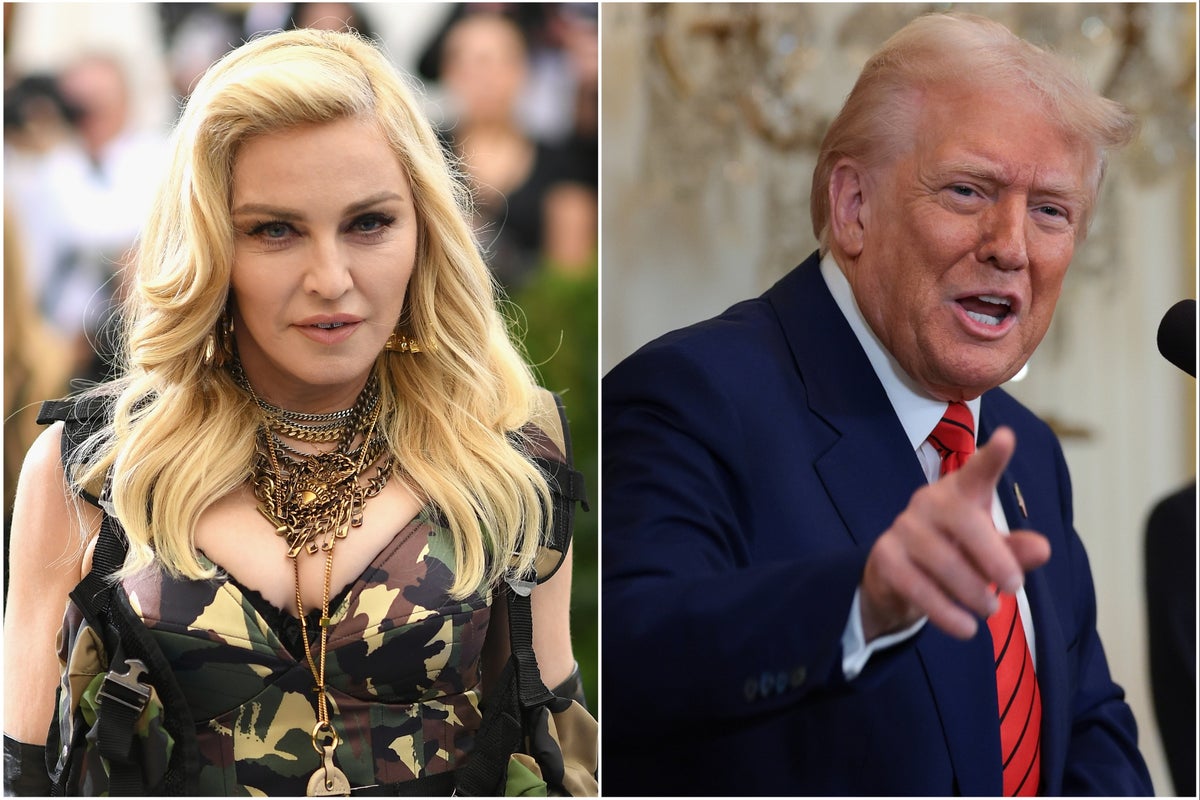Star Power Strikes Back: Madonna Blasts Trump's Royal Rhetoric

President Sparks Controversy with Provocative 'King' Claim, Drawing Fierce Criticism from Across the Political Spectrum
In a stunning display of political misjudgment, the US president has ignited a firestorm of criticism after an inflammatory social media post in which he referred to himself as a 'king'. The controversial statement has united both Democratic and Republican lawmakers in a rare moment of bipartisan condemnation, with political commentators and citizens alike expressing shock at the president's seemingly autocratic rhetoric.
The unexpected claim quickly went viral, prompting immediate backlash from political leaders who view the statement as a dangerous departure from democratic principles. Supporters from both major political parties have condemned the remarks, arguing that such language undermines the fundamental democratic values of the United States.
Political analysts are now speculating about the potential long-term implications of this controversial statement, with many questioning the president's understanding of his constitutional role and the principles of democratic governance.
